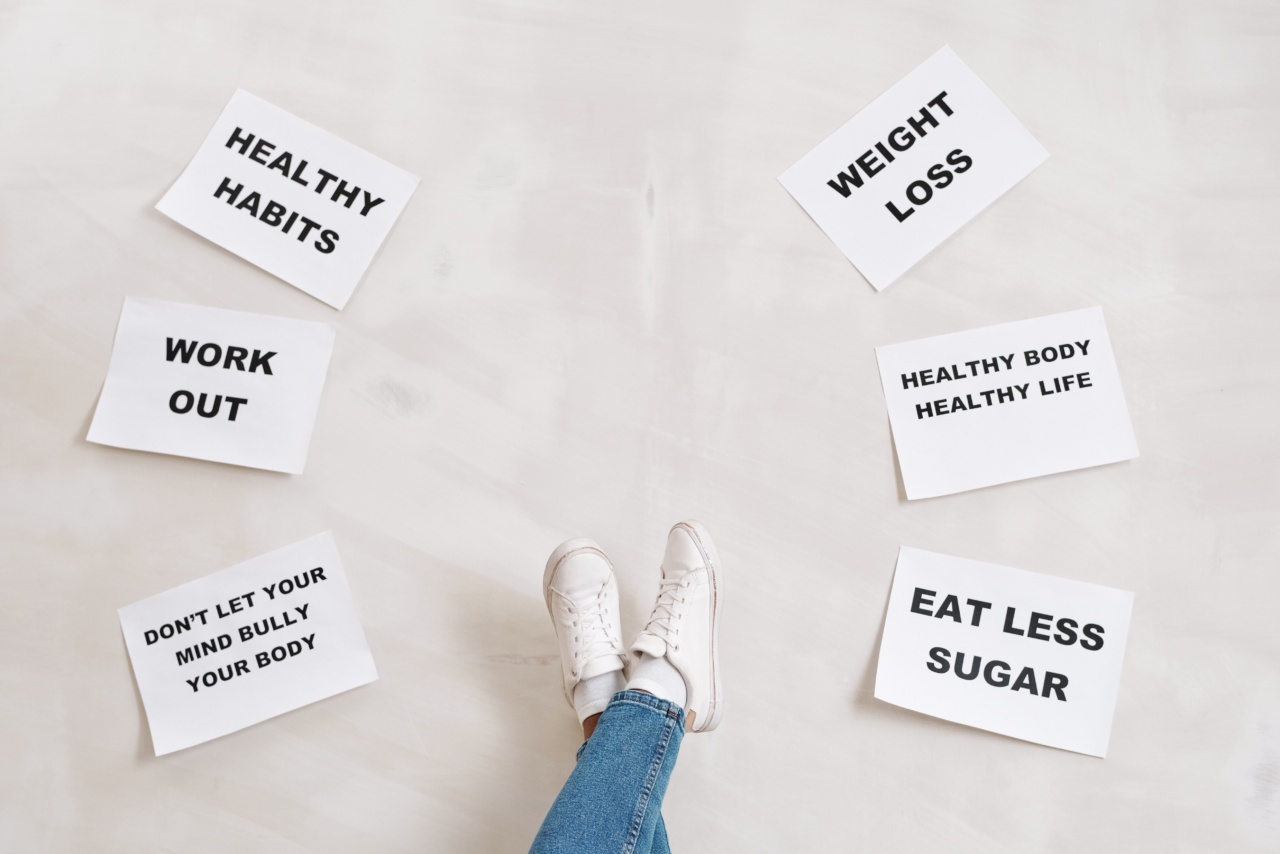Acne is a common skin condition that affects millions of people around the world. It can be caused by a variety of factors, including genetics, hormones, and lifestyle habits.
While some of these factors may be out of our control, there are certain habits that we can change to help prevent acne breakouts. In this article, we will discuss the top acne-triggering habits to avoid for clearer and healthier skin.
1. Poor Hygiene
One of the main culprits behind acne breakouts is poor hygiene. Failing to wash your face regularly can lead to a buildup of dirt, oil, and bacteria on the skin, which can clog pores and cause acne.
It is important to cleanse your face twice a day using a mild cleanser to remove excess oil and impurities.
2. Using Dirty Makeup Brushes
Makeup brushes, if not cleaned regularly, can become breeding grounds for bacteria. Applying makeup with dirty brushes can transfer this bacteria to your skin, leading to acne breakouts.
It is essential to clean your makeup brushes at least once a week using a gentle cleanser or baby shampoo to maintain their hygiene.
3. Picking or Squeezing Pimples
Although it may be tempting to pick or squeeze pimples, this habit can worsen acne and even cause scarring. Picking at pimples can introduce bacteria into the skin and push the infection deeper, leading to more inflammation.
It is best to refrain from touching or picking at your acne and instead seek proper treatment methods.
4. Overwashing or Harsh Scrubbing
While it is important to cleanse your face regularly, overwashing or using harsh scrubs can strip the skin of its natural oils, leading to dryness and irritation. This can result in the overproduction of oil to compensate, ultimately causing more acne.
Choose a gentle cleanser and avoid scrubbing your skin aggressively.
5. Sleeping with Makeup On
Going to bed without removing your makeup is a big no-no if you want to prevent acne. Sleeping with makeup on can clog your pores and prevent the skin from breathing properly.
It is crucial to remove all traces of makeup before going to bed using a gentle makeup remover or micellar water.
6. Not Changing Pillowcases Regularly
Pillowcases collect dead skin cells, oil, and bacteria over time, which can transfer back onto your skin as you sleep. Not changing your pillowcases regularly can contribute to clogged pores and acne breakouts.
Aim to change your pillowcases at least once a week to keep them clean and reduce the risk of acne.
7. Using Oil-based or Comedogenic Products
Some skincare and cosmetic products contain oils or ingredients that can clog pores and trigger acne. Look for non-comedogenic or oil-free alternatives that are specifically formulated to not cause breakouts.
Be mindful of the ingredients list and choose products that are suitable for acne-prone skin.
8. Excessive Sun Exposure
While a little bit of sun can have a positive effect on acne-prone skin due to its anti-inflammatory properties, excessive sun exposure can have the opposite effect. Sunburns can cause skin cells to thicken and clog pores, leading to more breakouts.
It is important to wear a broad-spectrum sunscreen with at least SPF 30 and limit sun exposure.
9. Stress and Lack of Sleep
Stress and lack of sleep can disrupt hormone levels in the body, leading to inflammation and increased oil production, both of which can contribute to acne breakouts.
Managing stress through relaxation techniques and getting enough sleep can help keep hormonal acne under control.
10. Unhealthy Diet and Lack of Water
While diet alone may not cause acne, certain foods can aggravate existing acne or contribute to its development. High glycemic index foods, dairy products, and foods rich in saturated and trans fats have been linked to acne.
Additionally, not drinking enough water can lead to dehydrated skin, which can make acne worse. It is important to maintain a balanced diet and stay hydrated for clear and healthy skin.





























